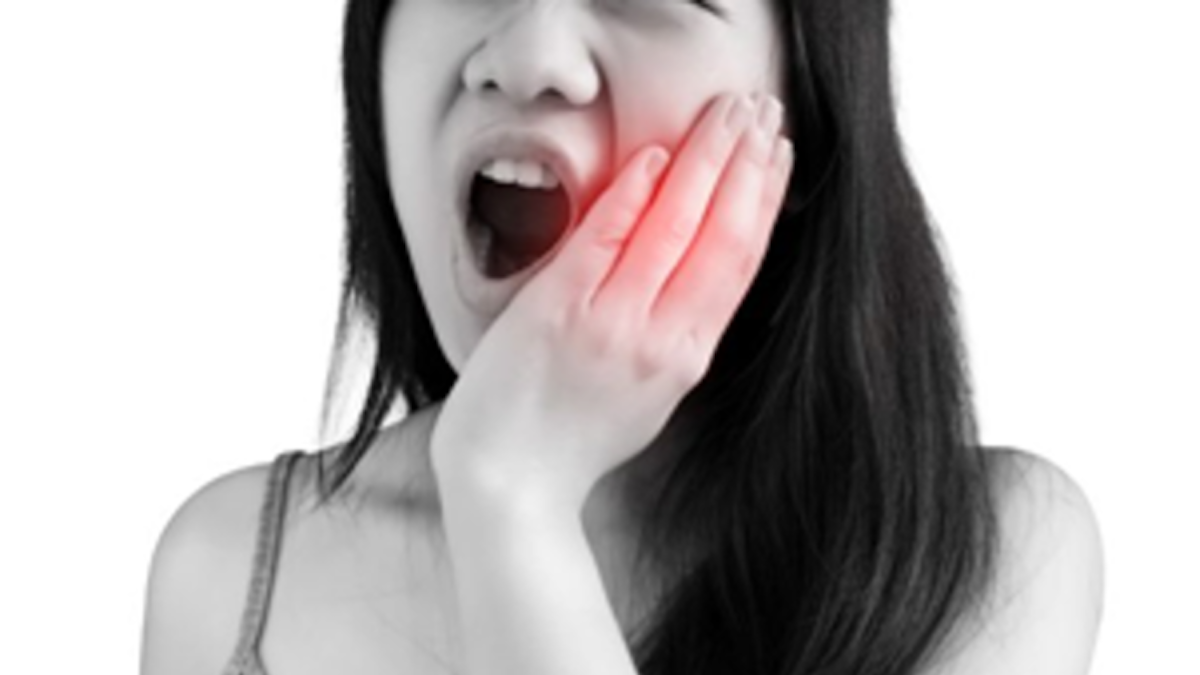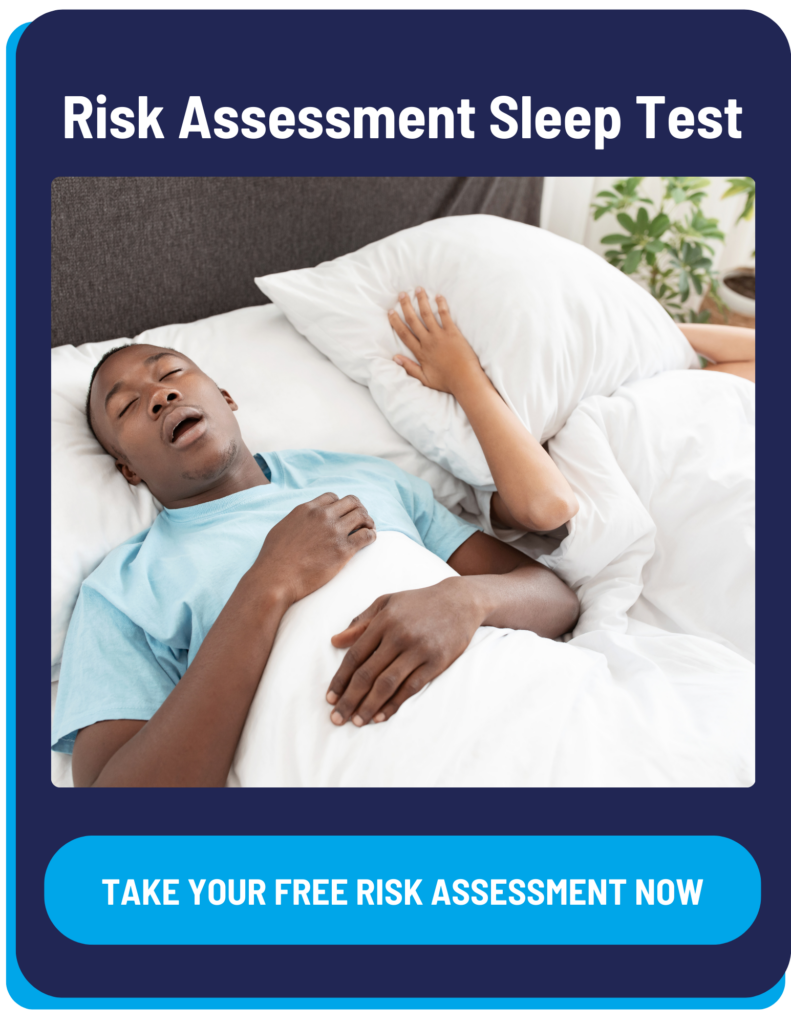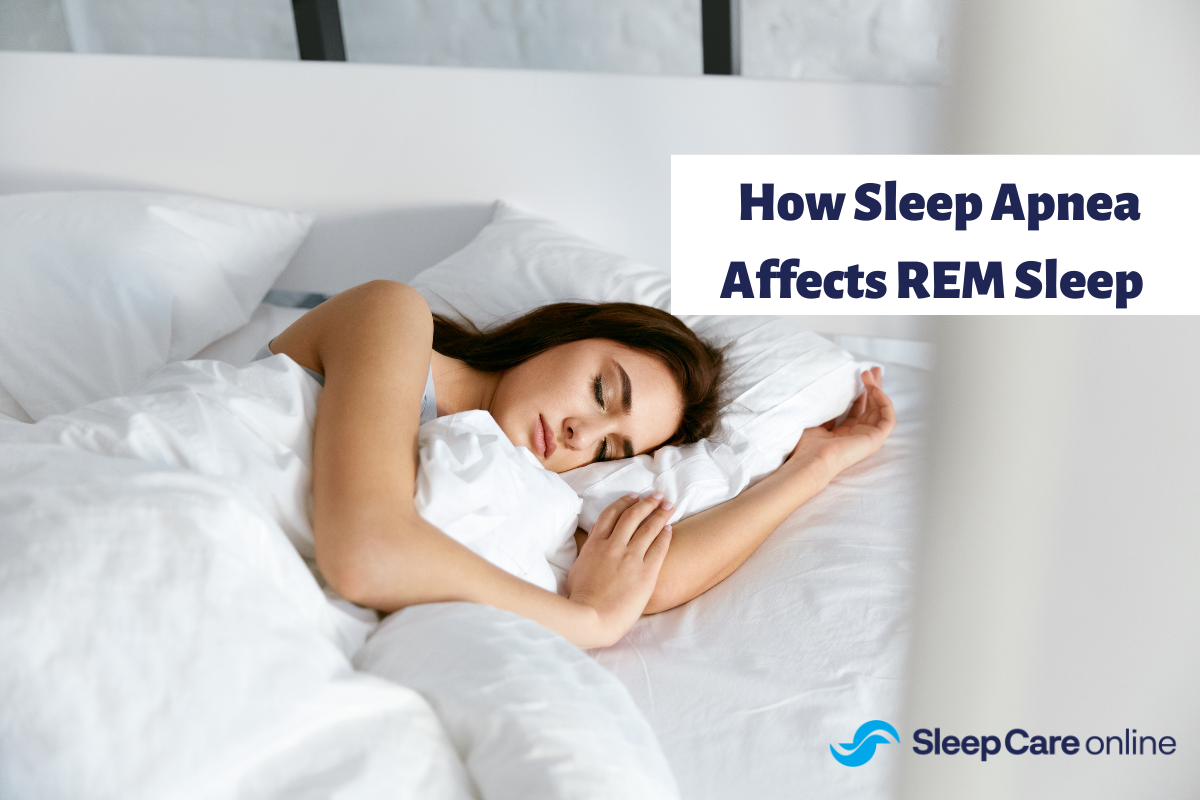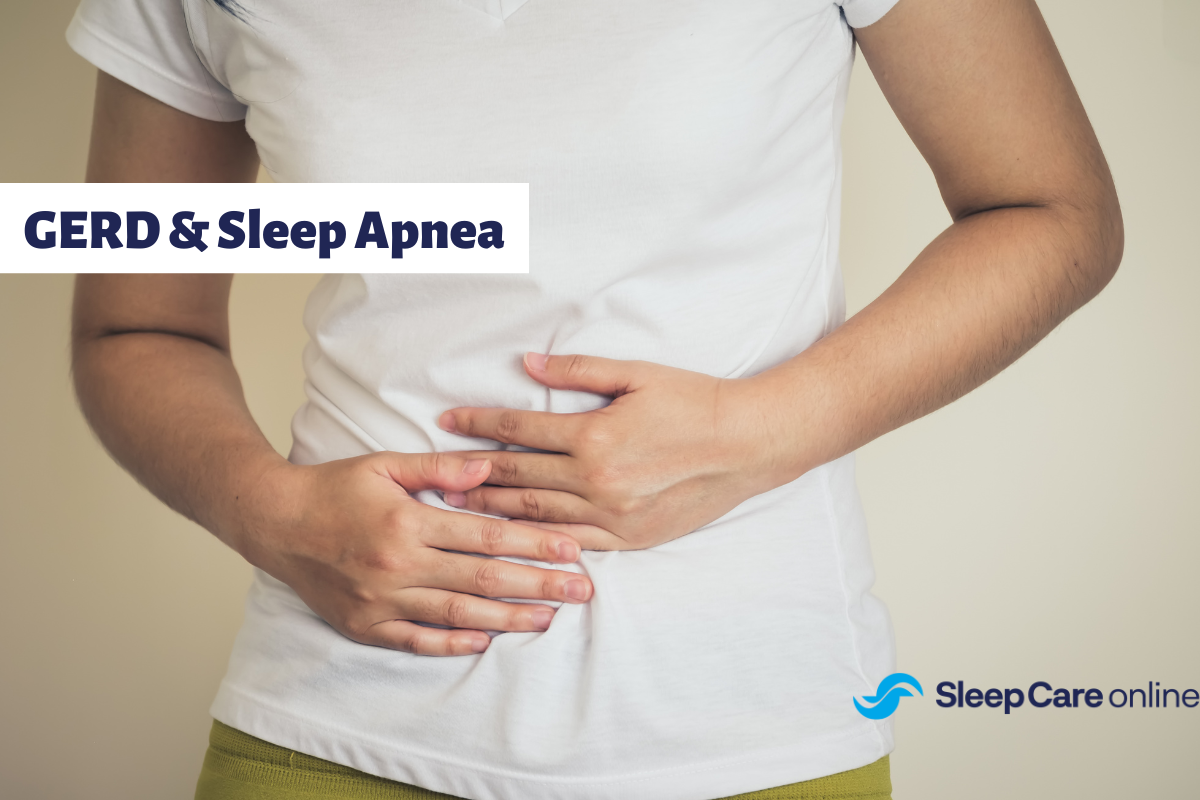While teeth grinding is not a primary symptom of obstructive sleep apnea (OSA) there are links between those with sleep apnea and those who grind their teeth at night.
What Is Bruxism & Its Symptoms?
Bruxism occurs when a person excessively, but unconsciously, grinds their teeth. It can occur both in the daytime and nighttime and affects both adults and children. While some people may not have symptoms, others can experience headaches, jaw pain, tooth pain, or dental problems.
Why Does Bruxism Happen?
Bruxism can occur for a number of reasons including:
- An excessive amount of stress
- Genetics
- Consuming alcohol
- Smoking
- Certain medications
Sleep-Related Bruxism
Sleep-related bruxism involves repetitive jaw activity during sleep, usually characterized by teeth grinding or jaw clenching. Over time, sleep-related bruxism can leave you with an aching jaw and even cracked or broken teeth.
How are Sleep Apnea and Teeth Grinding Related?
Studies have found that those with sleep apnea have a higher occurrence of sleep-related bruxism,1 suggesting a relationship between the two sleep conditions. There is the possibility that successful treatment of OSA may also curb sleep-related bruxism, but the results are not conclusive.
Who’s Most at Risk for Sleep-Related Bruxism?
Sleep-related bruxism can be the effect of different medications, including both antidepressants and antipsychotics. However, it is also associated with stress, genetics, and sleep-disordered breathing. If you notice you are grinding your teeth while dealing with any of the mentioned risks, talk to your healthcare provider.
Can Bruxism Cause Sleep Apnea?
Bruxism may trigger sleep apnea and vice versa. Researchers are not sure which condition comes first. However, the relationship between the two conditions in the same patients shows that teeth grinding may be a strong indicator of obstructive sleep apnea.
Bruxism or Teeth Grinding – Risk Factor For Sleep Apnea
A common view is that teeth grinding is a contributing factor to sleep apnea. The underlying process that relates teeth grinding as a contribution to sleep apnea indicates that there are interruptions in the nervous signal which is caused by changes in heart rate, muscle movement around the jaw, nasal passage congestions, and more. It is also a popular understanding that teeth grinding can also increase congestion and restrictions in the airway.
Significance of The Link Between Sleep Apnea and Teeth Grinding
While the exact nature of the relationship between sleep apnea and teeth grinding is still to be uncovered, it is very difficult to know the exact clinical correlation between them.
In the meantime, people suffering from OSA or Sleep-related bruxism should be aware that either of them can occur separately or together. Understanding the possibility will allow the patients to be on the lookout for the symptoms and consult the doctor when necessary.
Should I Get Tested for Sleep Apnea If I Grind My Teeth?
Sleep-related bruxism may not be enough to require a sleep apnea diagnosis. However, if you have other symptoms more commonly associated with sleep apnea in addition to teeth grinding, then a sleep apnea test is a good idea. Those symptoms may include:
- Loud snoring
- Waking up gasping for air
- Morning headaches
- Daytime drowsiness
- Lack of concentration
How Do I Get Tested for Sleep Apnea If I Grind My Teeth?
A diagnosis does not require a trip to the doctor’s office. You can get a sleep apnea test at home through Sleep Care Online. Here is how it works:
- With the Complete Care Package, schedule a 10-minute telehealth visit with a healthcare provider to discuss your symptoms, upcoming sleep study, test results, and treatment options.
- A multi-night, disposable home sleep apnea test is mailed to your home to be completed at your convenience.
- A physician analyzes the sleep data and provides a prescription if needed.
- Schedule an optional follow-up appointment (additional fee applies).
- We connect you to sleep experts who can offer customized sleep therapy options, assistance in equipment purchase, and initial set-up.
Sleep Care Online has partnered with a wide network of sleep doctors and healthcare providers across the country to offer coverage nationwide. Additionally, we have a number of sleep experts available to get you the equipment you need for effective sleep therapy.
Reference:
- National Library of Medicine. Hisashi Hosoya. Relationship between sleep bruxism and sleep respiratory events in patients with obstructive sleep apnea syndrome December 8, 2014





